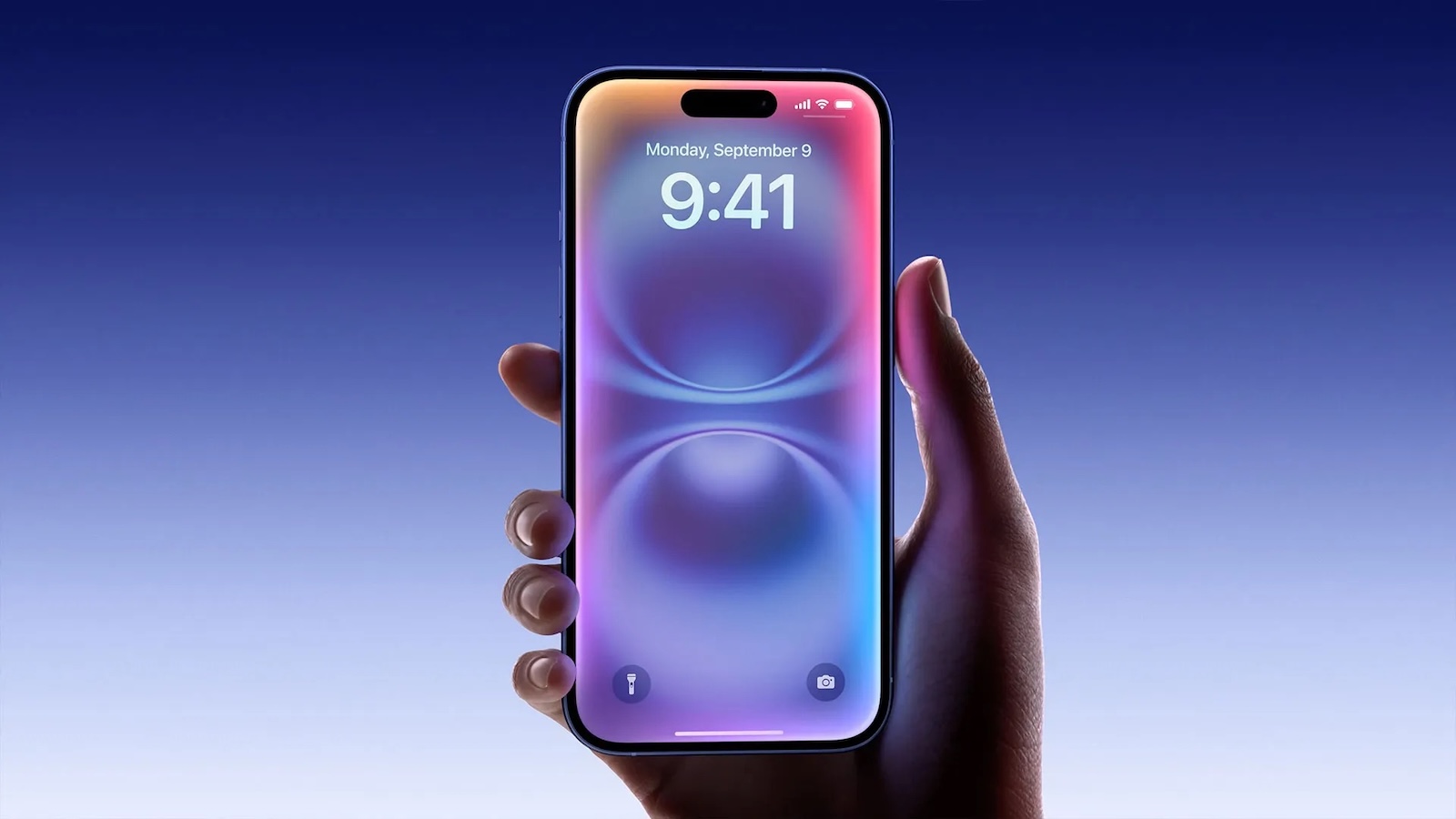Apple completes Mac transition to Apple Silicon: Here’s what this means for users
Apple announced the new version of Mac Pro with an M2 Ultra chip, and with this announcement, the company has completed its transition to Apple Silicon. The company no longer sells Macs that are powered by Intel chips. This could mean it will also drop the macOS support for Intel chips soon.
Apple has not announced any timeline for this yet but we can get an idea on this from the past.
Mac’s transition to Intel
Apple has switched architectures before. In 2005, it dropped PowerPC processors and adopted Intel. This enabled Apple to make more advanced computers such as MacBook Air because Intel’s processors were faster and more efficient than PowerPC processors.
Apple announced the first Intel Mac in January 2006 and completed the transition with the launch of the Intel-powered Mac Pro. The company dropped the support for PowerPC processors with the launch of Mac OS X Snow Leopard in 2009.
That means, the company supported the PowerPC-powered Macs for three years before dropping them off completely.
Apple announced the second architecture transition of the Mac in June 2020. This time Apple switched from Intel to Apple Silicon as the company was already working on its own chips for iPhone and iPad.
The company released its first Apple Silicon powered Mac in November 2020 with the M1 chip and now it has completed the transition. The 2019 Mac Pro with Intel chip is no longer available in stores.
So, when Apple is going to drop macOS support for Intel processors?
When Apple is going to end macOS support for Intel processors
Apple recently announced macOS Sonoma at WWDC 2023. The update does not bring any significant changes except for the minor tweaks in FaceTime and interactive widgets on the desktop but Apple dropped support for some Intel Macs with the update. It even requires a 2019 iMac or newer.
Apple unveiled the M1 almost three years ago, and when macOS 15 comes out in 2024, four years will have passed since then. Based on the history we can say that macOS 15 could be the last for Intel Macs.
Meanwhile, Apple has confirmed the acquisition of Mira, a Los Angeles-based startup that makes AR headsets for the US military and other firms. The Verge reported citing an Instagram post from the private account of Mira’s CEO and people familiar with the matter.
“Apple buys smaller technology companies from time to time, and we generally do not discuss our purpose or plans,” Apple said in a statement to The Verge.
The post Apple completes Mac transition to Apple Silicon: Here’s what this means for users appeared first on Techlusive.

Apple announced the new version of Mac Pro with an M2 Ultra chip, and with this announcement, the company has completed its transition to Apple Silicon. The company no longer sells Macs that are powered by Intel chips. This could mean it will also drop the macOS support for Intel chips soon.
Apple has not announced any timeline for this yet but we can get an idea on this from the past.
Mac’s transition to Intel
Apple has switched architectures before. In 2005, it dropped PowerPC processors and adopted Intel. This enabled Apple to make more advanced computers such as MacBook Air because Intel’s processors were faster and more efficient than PowerPC processors.
Apple announced the first Intel Mac in January 2006 and completed the transition with the launch of the Intel-powered Mac Pro. The company dropped the support for PowerPC processors with the launch of Mac OS X Snow Leopard in 2009.
That means, the company supported the PowerPC-powered Macs for three years before dropping them off completely.
Apple announced the second architecture transition of the Mac in June 2020. This time Apple switched from Intel to Apple Silicon as the company was already working on its own chips for iPhone and iPad.
The company released its first Apple Silicon powered Mac in November 2020 with the M1 chip and now it has completed the transition. The 2019 Mac Pro with Intel chip is no longer available in stores.
So, when Apple is going to drop macOS support for Intel processors?
When Apple is going to end macOS support for Intel processors
Apple recently announced macOS Sonoma at WWDC 2023. The update does not bring any significant changes except for the minor tweaks in FaceTime and interactive widgets on the desktop but Apple dropped support for some Intel Macs with the update. It even requires a 2019 iMac or newer.
Apple unveiled the M1 almost three years ago, and when macOS 15 comes out in 2024, four years will have passed since then. Based on the history we can say that macOS 15 could be the last for Intel Macs.
Meanwhile, Apple has confirmed the acquisition of Mira, a Los Angeles-based startup that makes AR headsets for the US military and other firms. The Verge reported citing an Instagram post from the private account of Mira’s CEO and people familiar with the matter.
“Apple buys smaller technology companies from time to time, and we generally do not discuss our purpose or plans,” Apple said in a statement to The Verge.
The post Apple completes Mac transition to Apple Silicon: Here’s what this means for users appeared first on Techlusive.




